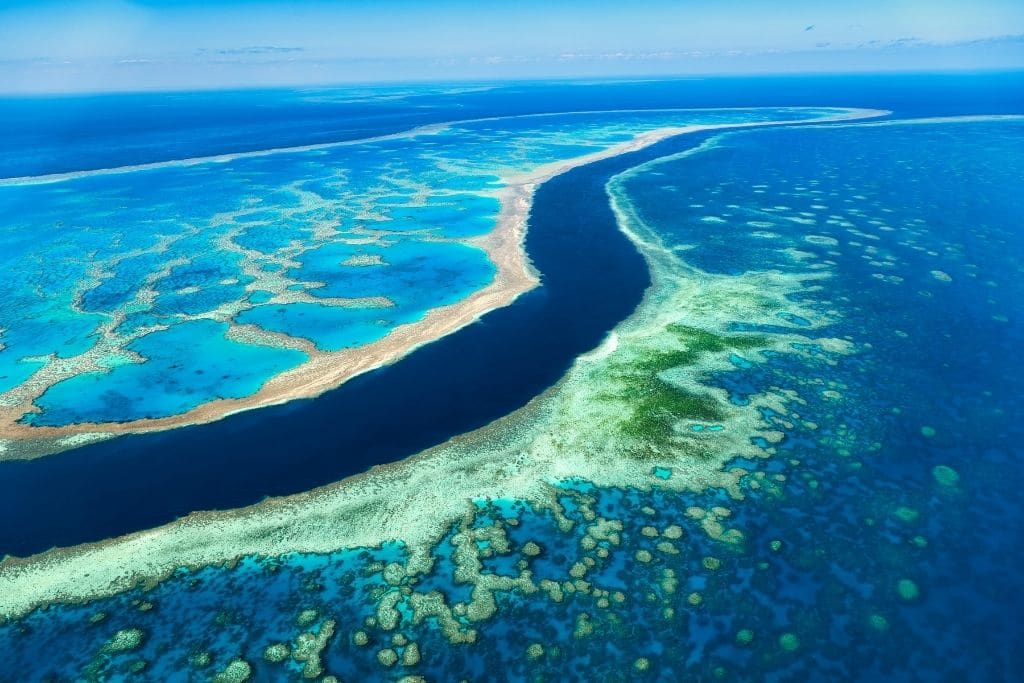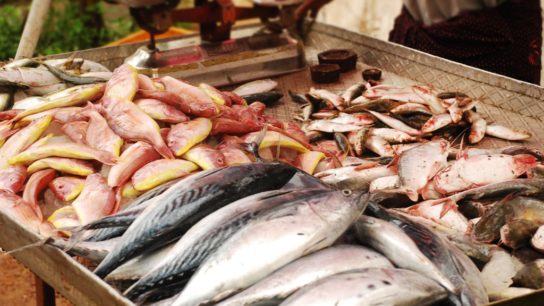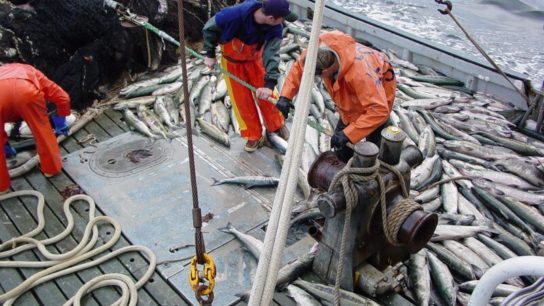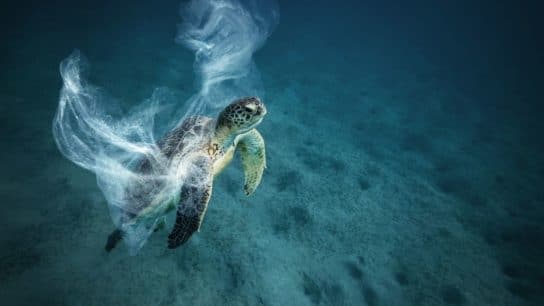To combat the Great Barrier Reef from climate change threats, the coalition investment will fund for extensive water quality projects and reef management for the next nine years.
—
Australian Prime Minister Scott Morrison will announce what the government is calling to be the “largest single investment” into the Great Barrier Reef to combat climate change and other environmental threats ahead of a key election.
The election in question is the Cairns electorate of Leichhardt in the far north of Queensland, where local economies heavily rely on the tourism sector. The Great Barrier Reef in particular, is a key and significant tourist destination and supports 64,000 jobs and contributes $6.4 billion annually to the economy.
Morrison’s $1bn pledge will support a range of programmes and deployment of new technologies over the course of the next nine years, which will include more than half a billion dollars for water quality projects and reducing runoff of pesticides and nutrients. $253 million will be directed into reef management and conservation, reducing threats from Crown of Thorns Starfish, protecting key species and preventing illegal fishing.
Another $74.4 million will go towards supporting habitat restoration and species protection programmes led by traditional owners and community groups. The remaining funds will be for reef health monitoring systems and research into reef resilience.
“We are backing the health of the reef and the economic future of tourism operators, hospitality providers and Queensland communities that are at the heart of the reef economy,” Morrison said.“This is already the best managed reef in the world and today we take our commitment to a new level.”
You might also like: The Great Barrier Reef “Gives Birth” in Massive Coral Spawning Event
The announcement comes just weeks after the opposing Labor party pledged $163m for the world’s most extensive coral reef ecosystem, and months following the Australian government’s campaign against the UNESCO recommendation to list the site as “in danger”. The decision had been postponed to July of this year, where Australia must submit a report to the UN world heritage agency about the state of the reef and its plans to protect it.
Scientists warn the Great Barrier Reef and its climate change threats remains high as ocean temperatures and acidification continue to rise. The coral ecosystem has already suffered severe loss during the massive coral bleaching events in 2016, 2017 and 2020, losing an estimated 80% of coral cover as a result. Globally, approximately 14% of the world’s corals have also been lost since 2009.


















